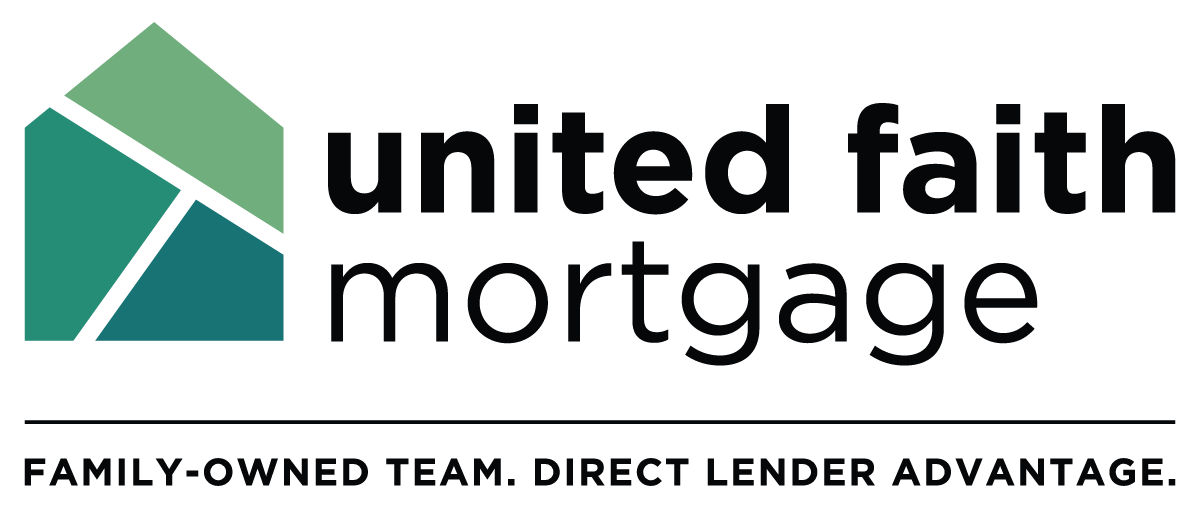You’ve decided to be a homeowner… so now it’s time to start saving! But more than just watching the number on your account – there are a few things to keep in mind about how you save that lenders will look at, and could make a big difference in what they’re willing to loan you.
Here’s a quick set of things to do and to avoid:
DO:
- Create a budget to save a down payment. Look at your income and what you spend each month, and decide on an amount to set aside to reach your goal in the timeframe that you’ve decided on. And then (the harder part) – stick to it!
- Make sure all of your money is set in one place for 2 months. When you save a down payment, lenders like to see that you have the appropriate funds in your bank account for a while, and they generally look at the last 60 days. Consolidate your entire down payment, and some extra for reserves and closing costs, a couple months before you apply.
- Keep your money in a SEPARATE savings account – not your checking. Keeping your money in a checking account can make it look like you’re constantly spending your down payment, even though you’re not. Keeping your down payment in one account that you don’t touch eliminates the extra paper trail and questions from possible lenders.
DON’T:
- Make risky investments. It can sound tempting if your money might magically multiply, but using your down payment to invest in something finicky (like a stock that could easily tank) puts your housing dreams at risk. If you want to invest, look for better options, and still liquidate your investments a couple of months before you apply for a mortgage.
- Make large deposits last minute. The bank assumes that this is a loan from someone that you will have to pay back. If you’re going to deposit a large amount of money, say from a significant other or family member, make sure you do it 2 months in advance.
- Keep your money in a safe at home or in someone else’s account. This is for the same reasons above. First, the bank wants to know it’s YOUR money and not a loan you’ll have to pay back in addition to what you’re paying them, and second, they want to see it in your account for 2 months at least. This proves that you can handle your regular expenses and bills without pulling from your down payment – which makes them feel a lot better about trusting you to make a mortgage payment.
Not so bad, huh? Following these rules of thumb for how to save a down payment will help you not only show that you have the money, but look trustworthy on paper as well. We wish you the best – and we’d love to help you when you’re getting ready to put that down payment into the place of your dreams. Give us a call anytime!
Best,
Ryan
United Faith Mortgage Team Leader




